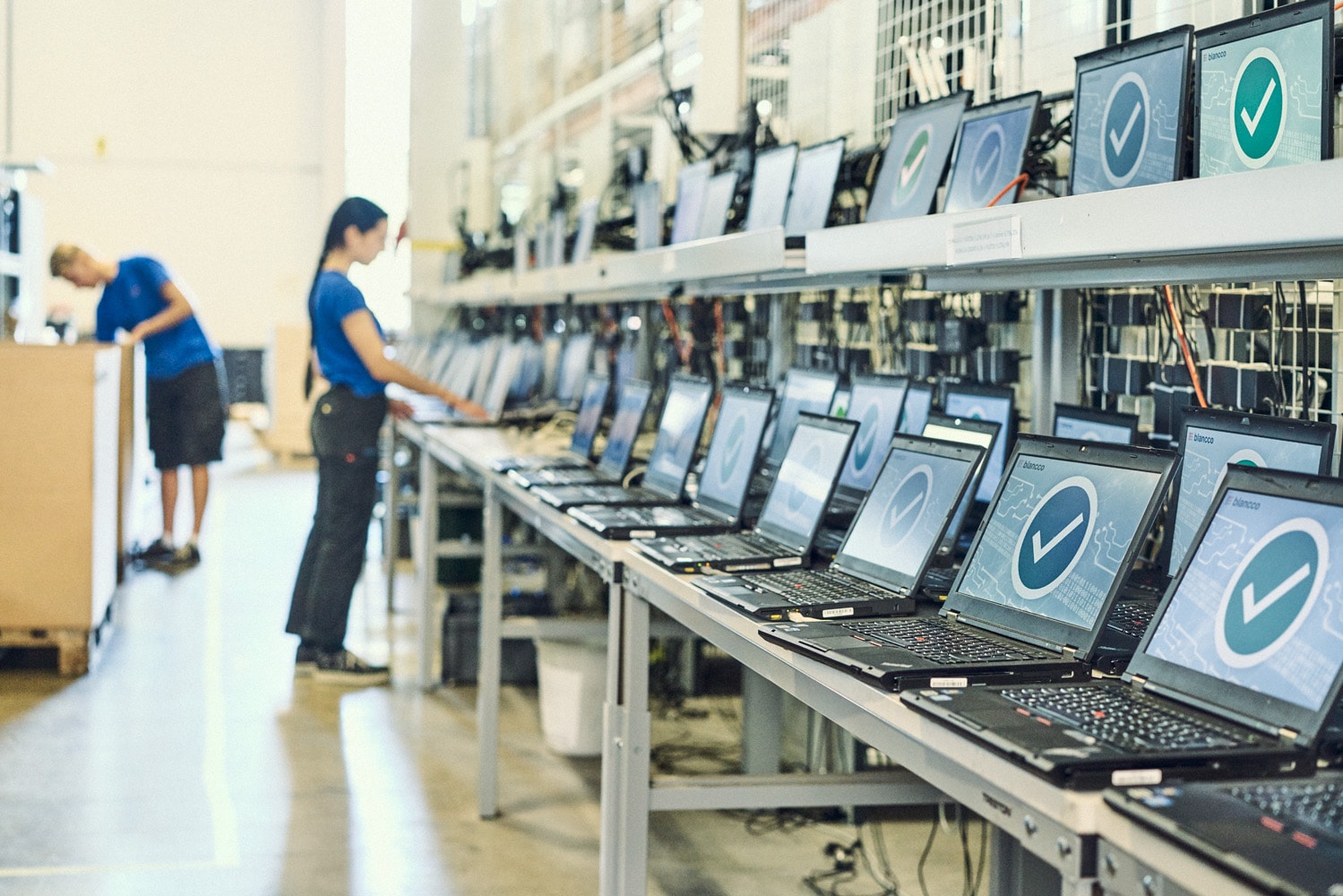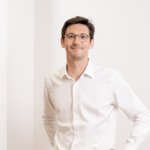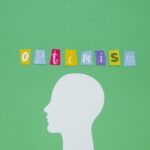Often perceived in a reductive way as a scavenger business, the Circular Economy is on the contrary the economic model of the future. The crisis we face today is an opportunity that must be seized to deconstruct the eternal triptych of produce-use-dispose and replace it with a more sustainable model of reuse, repair, refurbishment and recycling, that would not only make way for responsible growth, but also open up new avenues of employment.
Of all the signs that I see for potential boom boost of the Circular Economy in the coming months, two are particularly noteworthy. First, studies show that most consumers are ready for this paradigm shift: last year, more than 50% of them said they preferred to repair and resell products instead of discarding them. Another 31% said they preferred buying second-hand products.
Secondly, companies are increasingly inclining towards this trend as well. During lockdowns, many of them turned to refurbished equipment to transition quickly to widespread homeworking because it was hard to find new equipment on the market.
I am convinced that there is a huge wave building up in favour of the Circular Economy. And it is only expected to grow as consumers, both individuals and professionals, become more aware of the environmental impact of the linear model that has dominated for decades.
In such a context, I am proud to contribute to this collective dynamic within BNP Paribas leasing Solutions. The leasing business, which has existed for more 70 years now within the BNP Paribas Group, is now at the forefront of the Circular Economy. When it was created, in the middle of the 30 glorious years that followed the Second World War, the goal was to facilitate access to equipment needed for rebuilding the economy and the society. At the time, the scarcity of natural resources didn’t seem to be a concern, but things have changed since then, and we have made it our duty and our priority to take this into account.
That is why, when I took over this business, I sought every opportunity available to integrate the Circular Economy model into our business with the aim to make it more sustainable. This is the whole purpose of the partnership I set up with Carmen Ene, CEO of 3stepIT. When customers subscribe to a lease offer for their smartphones, tablets or computers, 3stepIT maintains them and then recovers them at the end of the lease before refurbishing them and putting them back on the market. In other words, they are experts in the equipment life cycle.
We soon realised that we could establish a solid partnership by combining the breadth and depth of BNP Paribas’ geographical footprint with the specialised refurbishment expertise of 3stepIT. We thus formed a joint venture, BNP Paribas 3 Step IT, which manages fleets of technological equipment across 11 countries. Our economic model is simple: nothing is lost, everything is transformed!
At the end of the process, 97% of the devices are refurbished and resold, and only 3% of the assets are recycled in a sustainable way to extract useful materials. Our clients include both SMEs and multinationals and we process almost 500,000 devices each year. And to answer the question that must be on your mind: yes, it is profitable! For our company, but also for our clients. Because we reflect the resale price of the equipment in the cost of the lease. Leasing also allows them to easily renew their equipment in order to always have the latest equipment at their disposal.
So it is a win-win solution for everyone: our company, our clients, and even the planet!
FIND OUT MORE
Our equipment lifecycle approach helps you address many IT challenges conveniently and focus on what really matters: your business.







